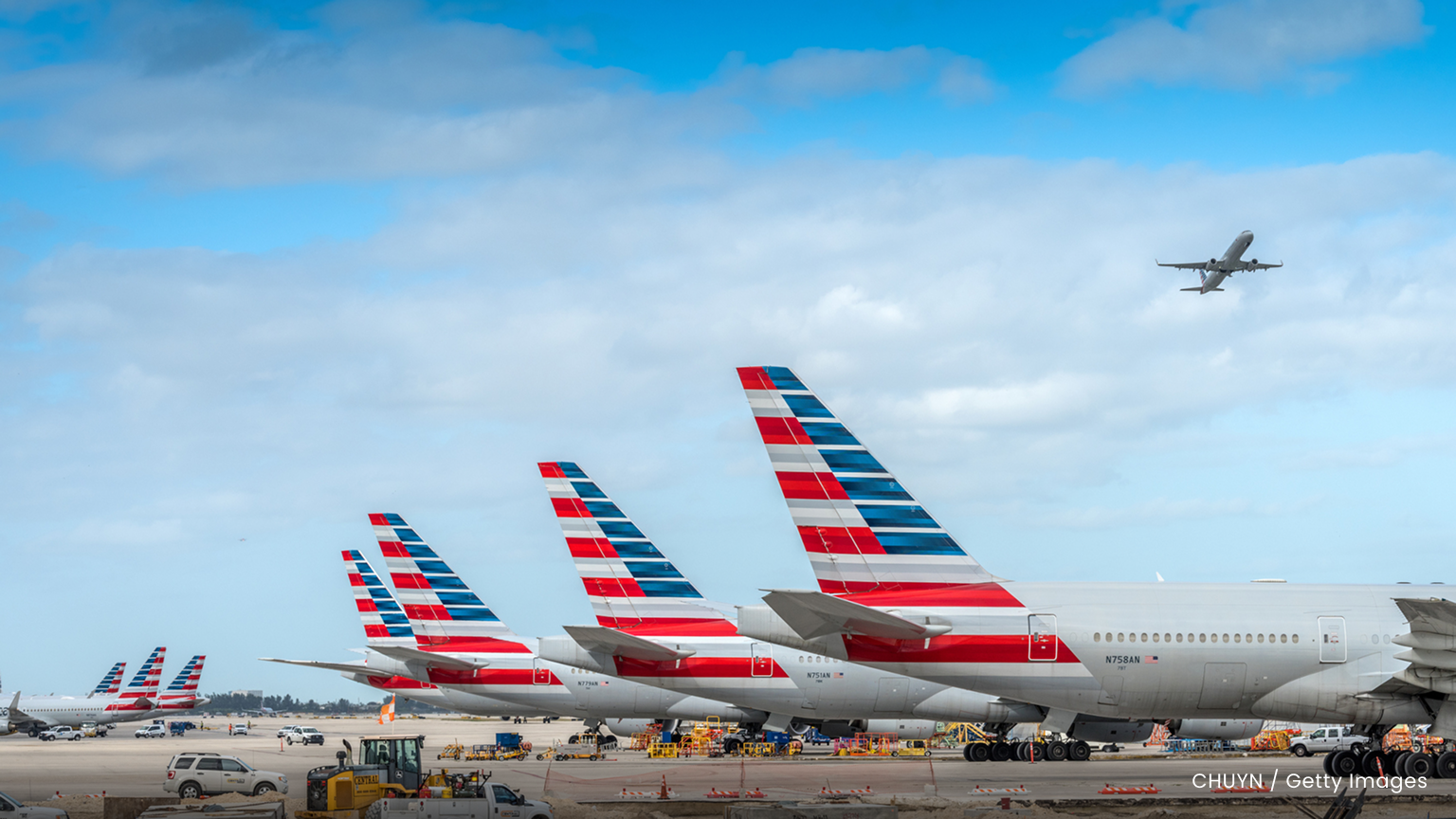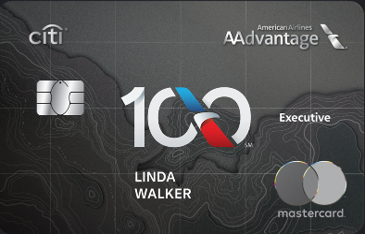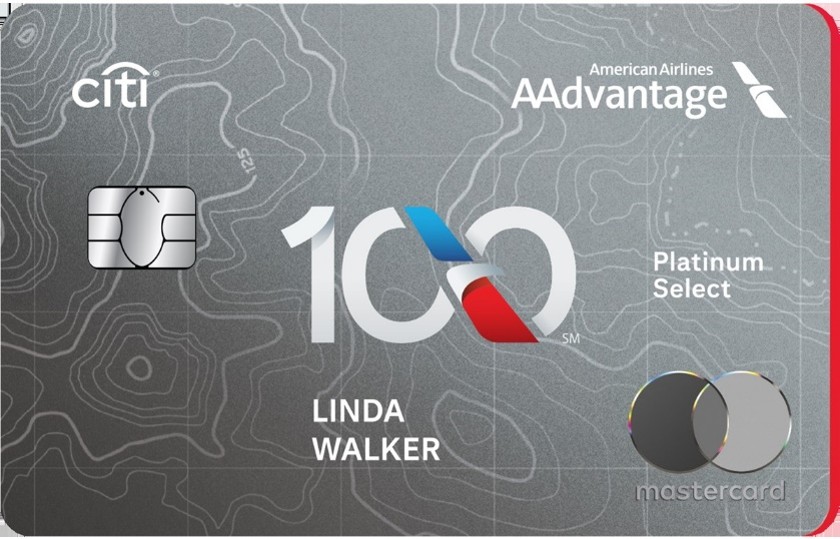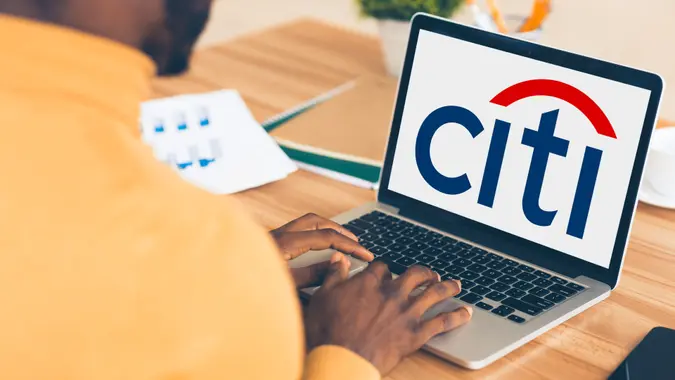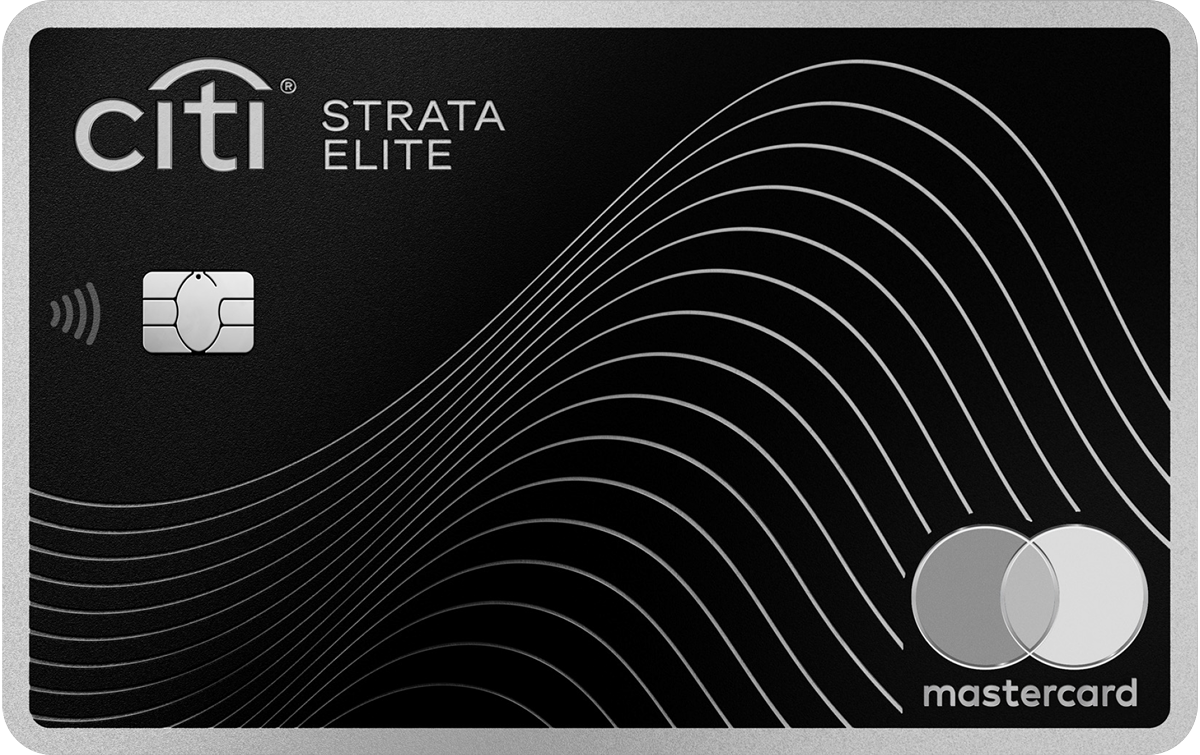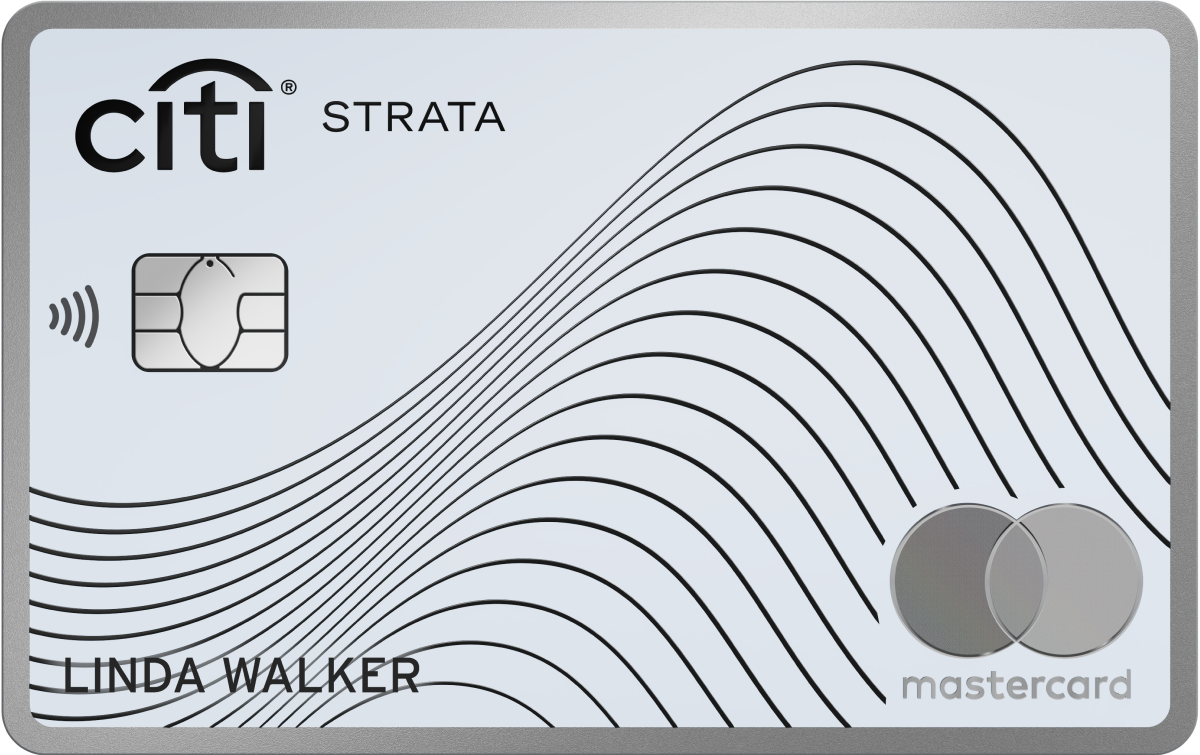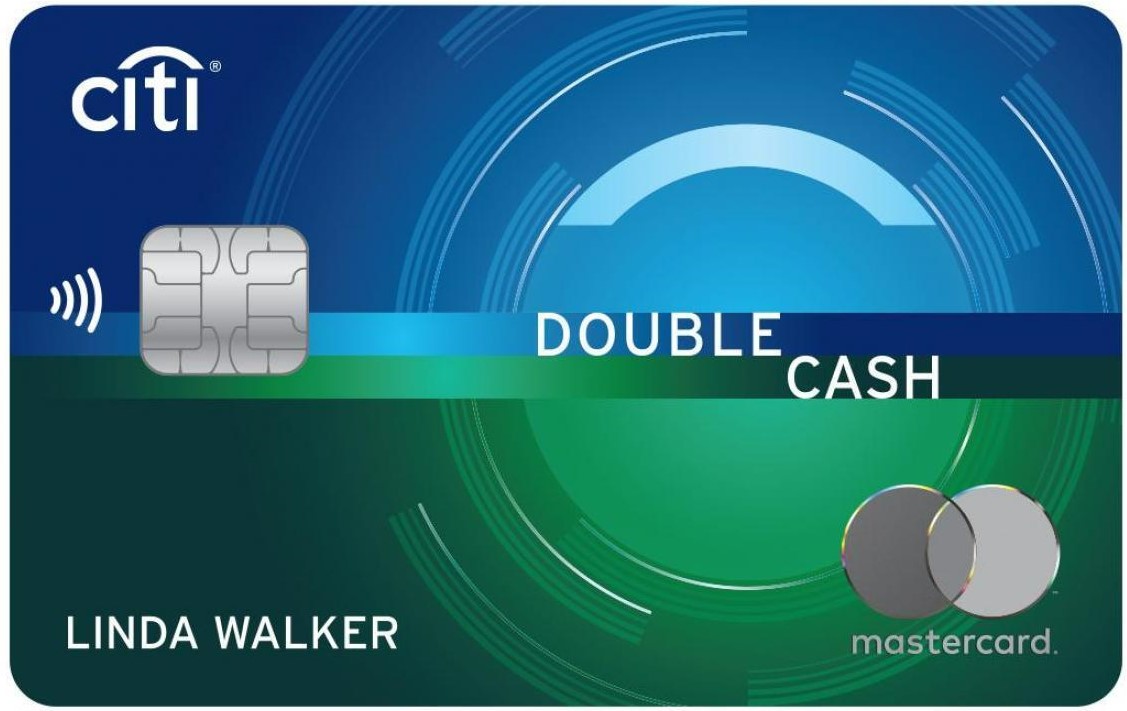Citi Double Cash Card Credit Score: Minimum Score for Approval

In terms of simplicity and ease of use, the Citi Double Cash® Card, an advertising partner, is tough to beat.

400+ Credit Cards
Analyzed independently across 50+ data points in 30+ product categories

Reviewed
By a team of credit card experts with an average of 9+ years of experience

Trusted by
More than one million monthly readers seeking unbiased credit card guidance
CardCritics™ editorial team is dedicated to providing unbiased credit card reviews, advice and comprehensive comparisons. Our team of credit card experts uses rigorous data-driven methodologies to evaluate every card feature, fee structure and rewards program. In most instances, our experts are longtime members or holders of the very programs and cards they review, so they have firsthand experience maximizing them. We maintain complete editorial independence — our ratings and recommendations are never influenced by advertiser relationships or affiliate partnerships. You can learn more about our editorial standards, transparent review process and how we make money to understand how we help you make informed financial decisions.
It pays 2% cash back for all purchases (1% when you buy and 1% as you pay) with no rotating categories or periodic enrollments to track and offers a welcome bonus of $200 after you spend $1,500 within the first six months of account opening. It also boasts a generous 0% intro APR for 18 months on Balance Transfers, then 17.49% - 27.49% (Variable) APR. This makes it one of the best balance transfer cards on the market.
To be considered for the Double Cash Card, you’ll need at least a good credit score (a FICO score of 670 or better). It’s important to understand the components of your credit score and why it matters before applying for the Double Cash Card.
How To Check Your Credit Score
The first step in applying for the Double Cash Card should be the first step for every loan you pursue — check your credit report and score. Don’t worry, doing so will not affect your credit.
Hard pulls or hard inquiries — which lenders make only with your authorization as part of the formal application process — can temporarily ding your score. Soft pulls or soft inquiries, which lenders and other entities conduct only in preliminary background checks, do not impact your credit.
Plenty of Options, But Just One Official Authority
Reliable representations of your real-time credit report and score are not hard to come by in the age of app-based banking.
Many of these score-check services — particularly those from your trusted financial institution — can be useful tools that alert you to changes between periodic check-ins with your official credit report at AnnualCreditReport.com. That’s the only site authorized and guaranteed by federal law, and despite its familiar but outdated name, you can now use it to pull up-to-date credit reports weekly from all three bureaus.
Other great options include:
- Most banks and credit card issuers offer their customers free credit monitoring and tracking tools as account holder perks — Chase Credit Journey and Capital One Credit Wise, for example.
- Free personal finance platforms like Credit Karma specialize in those services specifically.
- The three major credit reporting bureaus — Experian, TransUnion and Equifax — offer free scores, reports and monitoring.
While free, easily accessible and mostly reliable, those options typically require you to sign up or open an account, and many keep the lights on by peppering their content with ads and rosy reviews of partner products.
What Does Your Score Mean for Your Citi Double Cash Card Application?
Citi uses the FICO score instead of the VantageScore to vet applicants.
FICO issues score-based credit ratings between 300 and 850, which lenders depend on to assess an applicant’s risk of default. Your score largely determines whether they’ll extend you credit, how much, and at what interest rate.
- Exceptional: 800 to 850
- Very good: 740 to. 799
- Good: 670 to 739
- Fair: 580 to 669
- Poor: 300 to 579
Nothing reassures lenders like exceptional credit, and anything in the 800s earns most borrowers access to the best offers, lowest rates and most lucrative rewards. On the other end of the spectrum, most lenders won’t risk approving applicants with poor credit except for secured cards and other low-risk offerings designed specifically for them.
In between are the majority of Americans who populate the three tiers that span the high 500s to the high 700s. They might not get the lowest rates and the best offers, but many highly rated rewards credit cards are within their reach.
Factors That Influence Your Credit Score
FICO considers five factors when calculating your score, but it places much more weight on some than others.
- Payment history (35%): Making payments on time, every time, is the key to establishing and maintaining good credit. A single late payment can tank your score.
- Amounts owed (30%): This reflects your all-important credit utilization ratio — the amount of available open credit to the amount of credit you’re using.
- Length of credit history (15%): A long history of credit experience puts lenders at ease.
- Credit mix (10%): Creditors like to see a diverse blend of accounts, like installment loans, mortgage loans and revolving credit.
- New credit (10%): Too many recently opened accounts make lenders leery.
How To Improve Your Credit Score Before Applying
If your credit report reveals that you’re on the low end of the good-credit spectrum or worse, consider working to improve your score before applying. Citi doesn’t publish the lowest score it’s willing to accept. Other than stating the obvious — higher scores are better — the bank offers the following tips for boosting your approval odds for the Double Cash Card, specifically.
- Commit to making on-time payments first and foremost, and consider setting your cards to autopay so you never miss a deadline.
- Improve your utilization ratio by paying down the cards you’re closest to maxing out.
- Pay your statement balance in full every month. If you can’t, keep your revolving balance as low as possible.
- If you’re new to borrowing, use credit-building instruments like secured cards to establish a history of responsible usage.
What Happens if Your Application Is Denied Based on Your Credit Score?
According to Experian, lenders must inform applicants specifically why they were denied by providing them with a so-called adverse action letter, which chronicles their red flags — too much debt, too many recent applications, too little credit history, insufficient income, recent late payments, etc.
While the rejection might be frustrating, it provides an excellent opportunity to improve your credit and make yourself a more attractive borrower by highlighting your target areas for improvement.
- Study the adverse action letter, make sure you understand all the stated reasons for rejection and contact the bank if you don’t.
- Scour your credit report for errors and dispute any you find with the issuing credit reporting agency.
- Hold off on seeking new credit, as multiple applications too close together can make borrowers appear desperate.
- Pay off debt and continue — or start — making on-time payments on your open accounts.
- Ask the bank to reconsider your application if you omitted favorable details such as eligible income sources like alimony, child support, retirement savings or government benefits on your initial application.
- Join someone else’s account as an authorized user to shore up shaky credit.
- Pursue a card designed for building credit.
Does Applying for the Citi Double Cash Card Impact Your Credit Score?
Hard inquiries remain on your report for 24 months, but their impact wanes over time, and any hit for a single application will likely be modest and short-lived — and it will be outweighed by the potential long-term benefits of approval.
- A new account increases your available credit and improves your credit utilization ratio.
- It also adds a new account in good standing to your credit history.
- A new card can improve your credit mix.
- A new account provides a fresh opportunity to make on-time payments — even the most modest recurring payments can boost your score.
How To Maximize Your Rewards and Build Credit
The Double Cash Card’s simple rewards structure makes it easy to earn, monitor and convert points to cash. According to a 2023 Bureau of Labor Statistics report, the average household spends $77,280 per year.
If you even spent half of that — $38,640 — on your Double Cash Card, you’d have roughly $773 in cash back at the end of the year. That’s almost enough to cover the roughly $900 the average American spends on the winter holidays as reported by the National Retail Federation.
The key, however, is responsible credit card use. That means paying your statement balance in full every month. When you do, you’ll incur no finance charges. When you don’t, you’ll pay interest to the tune of 17.49% - 27.49% (Variable), depending on your creditworthiness, which will quickly whittle that $773 down to nothing or less
On top of that, every on-time payment builds your credit and puts future lenders at ease.
Frequently Asked Questions About Citi Double Cash Credit Score Requirements
The Double Cash Card is one of the top cash-back cards on the market, but is it right for you? The answers to these frequently asked questions can help you decide.
What is the minimum credit score for Double Cash Card approval?
A good score of 670 or above on FICO’s scale may be sufficient, but higher is always better.
How long does it take for your credit score to improve after applying?
According to FICO, a hard inquiry typically reduces your score by fewer than five points and quickly rebounds with good credit habits and/or a loan approval.
Can I get the Double Cash Card with a fair credit score?
The Double Cash Card is available to consumers with a good credit score or better. A higher score will always improve your chances and, if approved, lower your interest rate and increase your credit limit. It’s important to note that approval decisions are not made solely on your credit score. Other factors are also considered.
What other credit cards are similar to Double Cash Card in terms of rewards?
The Wells Fargo Active Cash® Card also pays 2% cash rewards on all purchases and offers a welcome bonus: Earn a $200 cash rewards bonus after spending $500 in purchases in the first 3 months..
How often should I check my credit score?
That depends on your financial goals. If you’re trying to build your credit, you can check your credit score every few months to see your progress.
If you’re not interested in opening any new lines of credit, two to three times a year can help you keep an eye out for any potentially fraudulent activity. You can also set up automatic alerts for any changes to your credit score.



